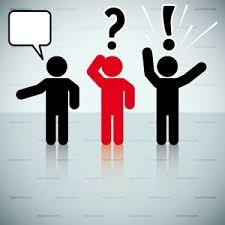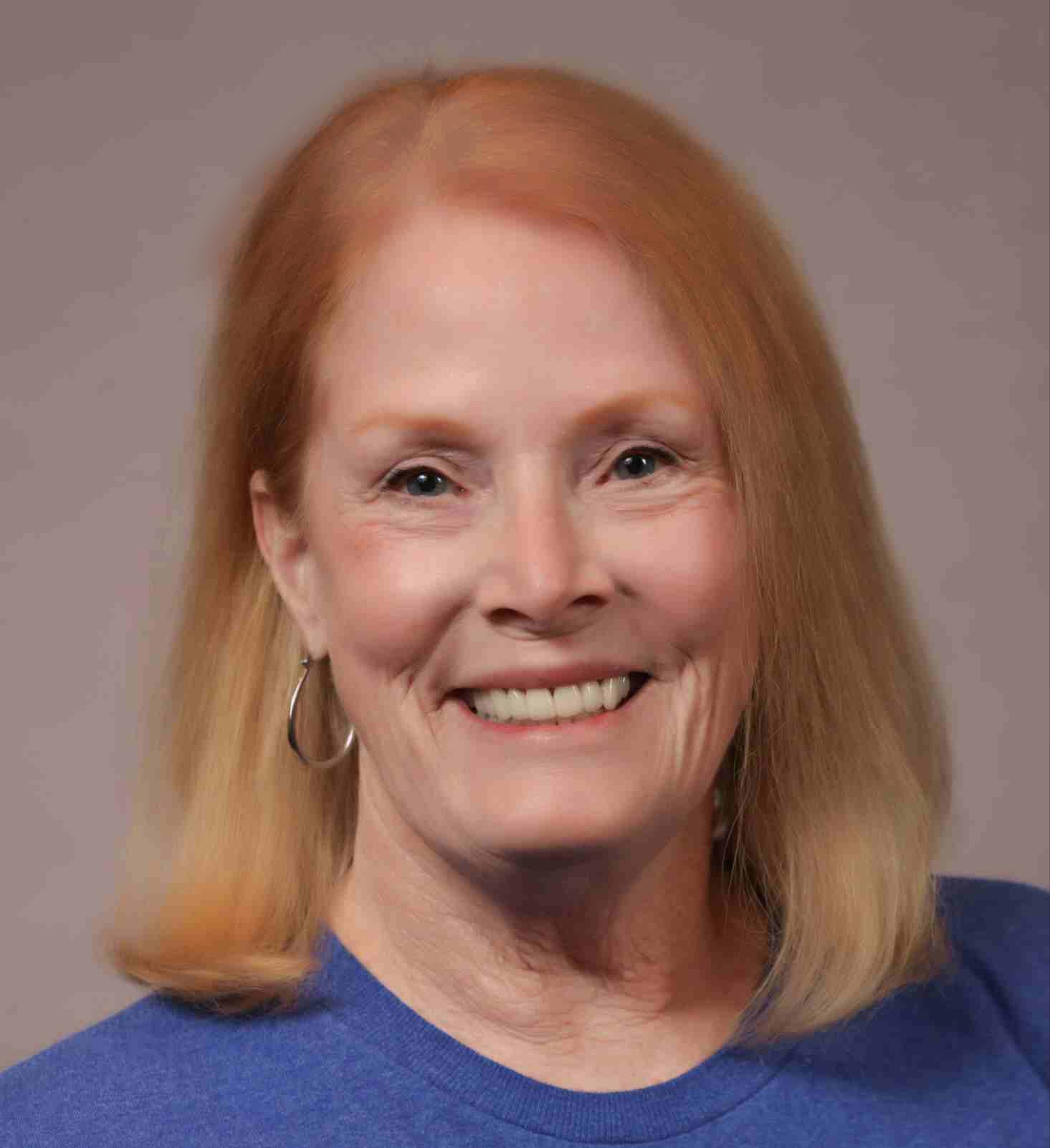
Nearly every contact we make involves communications skills. Speaking and listening, our attitude, speech patterns, the words we use, the tone of our voice, our body language and sometimes even the silences all play a part in how successful our communications are. To find out how well you communicate, answer each statement true or false.
- I use I/my statements and take responsibility for what I say.
- I speak specifically and personally, instead of generally and abstractly.
- I keep my message and my language simple. I get to the point and don’t try to confound people or impress them with verbal gymnastics.
- I hesitate before I speak or respond, giving myself a pause to be sure I want to speak and am clear on what I want to say. If I need to, I check my motives before I say anything.
- My body language corresponds with my verbal language and my tone. I check my tone (especially in written communication) to be sure it corresponds with my message.
- I listen to the other person and don’t respond until they have completed their thought. I don’t try to formulate my answer while they’re still speaking.
- I don’t have to fill every pause. I understand silence can sometimes play an important part in communication.
- If I’m not sure what I want to communicate, I check it out with someone I trust. If I need to, I practice before I say it to the person.
- I don’t hold back when I need to say something. I say what I need to say in a timely manner. If I know what I need to say might cause tension, I ask for time to talk instead of interrupting or choosing a time when the other person is distracted or there isn’t enough time to explore the subject.
- I don’t make nice or gloss things over, or say something isn’t important when it is or that it doesn’t matter when it does. I mean what I say and say what I mean.
- I understand communication is two-way. I don’t just have my say and not listen to the other person’s response, or ask if they want to respond.
- When I don’t understand what someone has said, I ask for clarity.
- I don’t assume anyone else knows what I’m thinking or feeling unless I tell them.
- I don’t yell, threaten, bully or verbally abuse anybody.
- When I say something out of line or something for which I am sorry, I try to correct my misstatement and make amends or apologies where necessary.
Scoring:
Give yourself one point for every True response.
13-15 Congratulations! You’ve got good communications skills and you use them.
9-11 Though you may understand good communication skills, you need some practice.
O-8 You would benefit from some training and education in communications skills and techniques.

Rhea M. Haugseth, DMD maintained a private practice in Marietta, GA from 1982- 2017. She attended the University of Louisville Dental School and completed her pediatric dental residency at Rainbow Babies & Children’s Hospital / Case Western Reserve University in Cleveland, Ohio. She is a Diplomate of the American Board of Pediatric Dentistry and a Fellow of the American Academy of Pediatric Dentistry. She is proud to be a Fellow the American College of Dentists, the International College of Dentists, and the Pierre Fauchard Academy – National Honorary Organizations for Dentists.
Dr. Haugseth is a Past President of the American Academy of Pediatric Dentistry (AAPD), the Southeastern Society of Pediatric Dentistry (SSPD), and the Georgia Academy of Pediatric Dentistry(GaPD). Dr. Haugseth has been a National Spokesperson for the AAPD since 1989 and has been frequently interviewed for radio, print, and national television.
Dr. Haugseth is the Founder (2013) and Director of the Atlanta Pediatric Dental Assistant School in Atlanta Georgia. She is also the Founder (2014) and Director of the Pediatric Dental Team Association. She is committed to pediatric dental team members and continues to develop ways to enhance their knowledge and skills both in and out of the dental office.